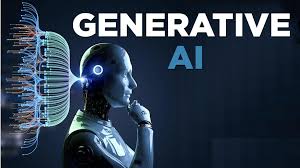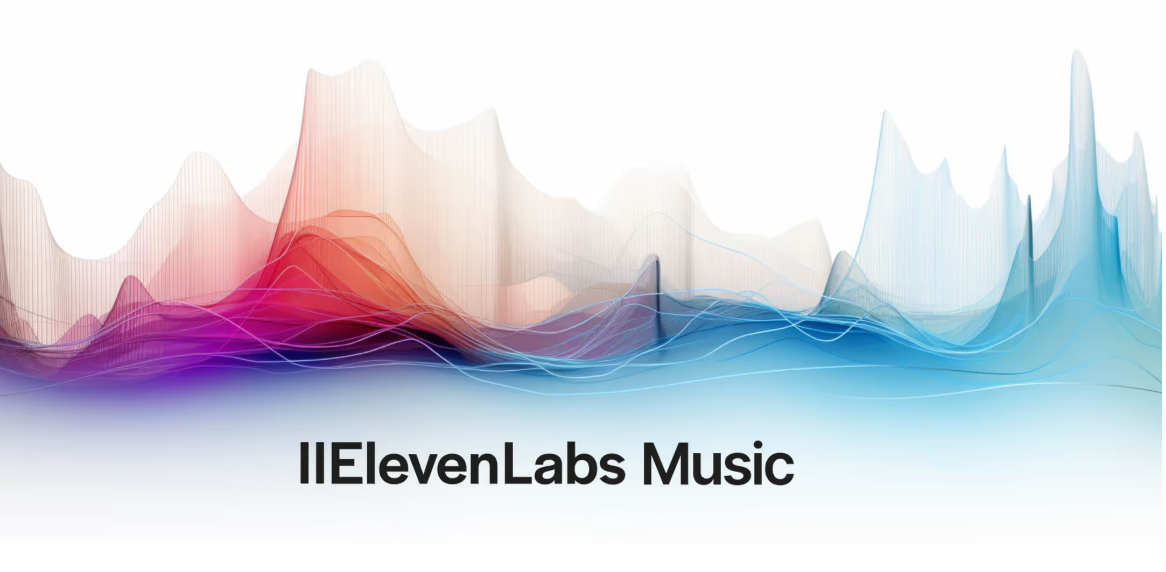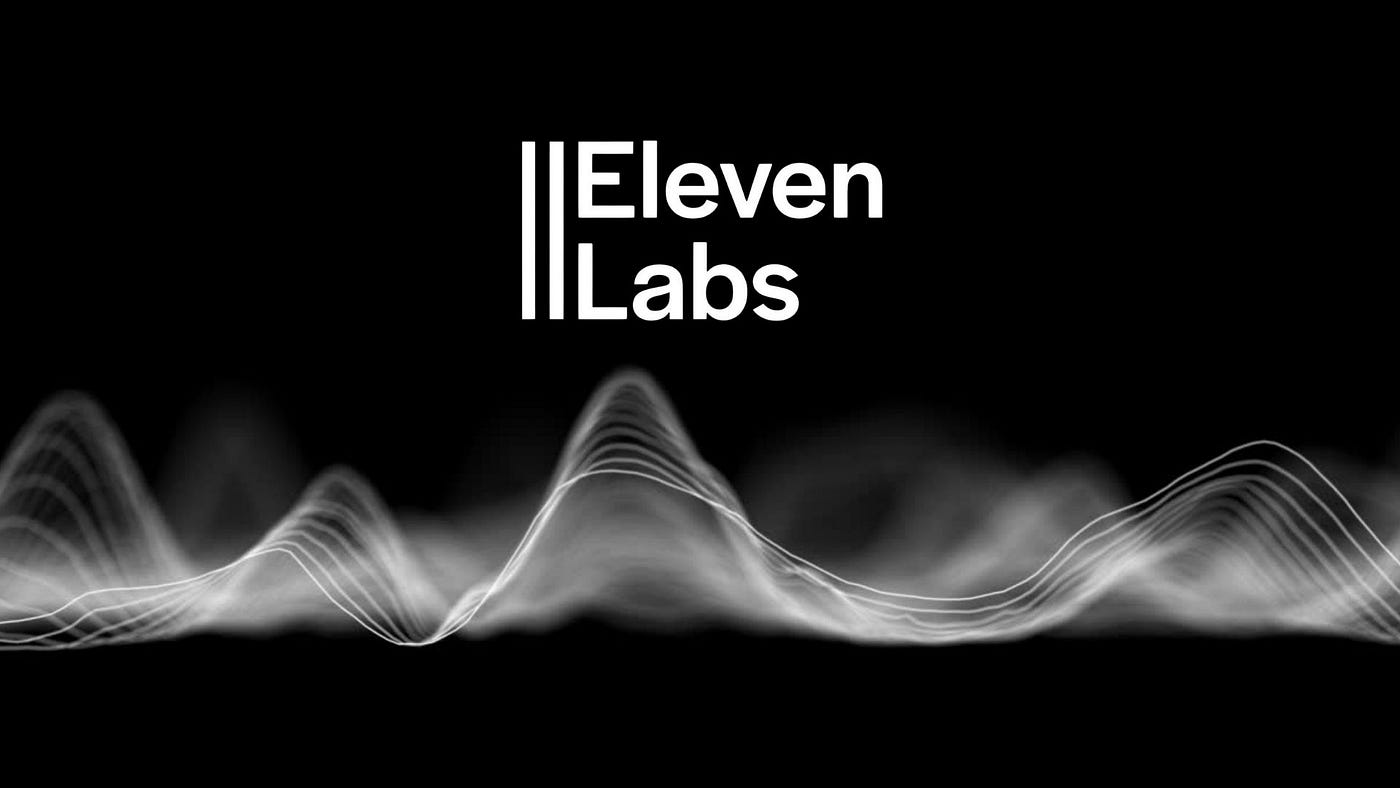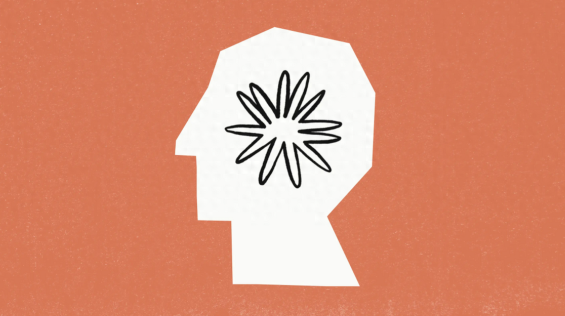Introduction: The Big Question Facing AI Music
As AI-generated music becomes more advanced, one question keeps coming up:
Can generative AI create emotionally impactful music?
We’ve heard AI tracks that sound polished, melodic, even cinematic. Tools like Udio, Suno, and MusicGen can generate full songs from simple text prompts. But do those songs move us the way a human composition does? Do they bring chills, tears, or joy?
In this article, we’ll explore the emotional capabilities and limitations of generative AI in music. You'll learn how these models work, where emotion is “simulated” versus truly expressed, and how human creativity still plays a critical role.

How Generative AI Composes Music
To understand the emotional impact of AI-generated music, we first need to understand how it’s created.
Generative AI models like MusicGen or Udio are trained on large datasets—thousands of hours of audio, lyrics, and structural patterns. Using transformer or diffusion-based architectures, these systems learn statistical patterns in chord progressions, rhythms, dynamics, and even lyrical sentiment.
When you prompt “a sad piano ballad about lost love,” the model doesn’t feel sadness. But it has analyzed thousands of examples labeled “sad,” so it predicts what musical elements commonly evoke that feeling—minor keys, slow tempo, sparse arrangement, and melancholic lyrics.
So, in a way:
AI simulates emotional structure—based on how humans respond to certain musical patterns.
The Psychology of Emotion in Music
Music impacts us emotionally through:
Tonality and mode (minor = sad, major = happy)
Tempo and rhythm
Instrumentation (strings = warmth, synths = tension)
Dynamics (volume and variation)
Lyrical content and vocal performance
Generative AI models are surprisingly good at replicating all of the above—because these elements are pattern-driven.
For example:
Suno can generate a heartwarming acoustic track with soft vocals and hopeful lyrics.
Udio can compose a breakup song with an emotionally charged chorus and fading chords.
AIVA can craft a cinematic score that mimics the pacing and feel of a film’s climax.
But does this mean the music is emotionally authentic?
What Makes Music Truly Emotional?
Emotion in music often comes from:
Personal experience: the artist’s own story or trauma
Intentional imperfections: human timing, breath, phrasing
Cultural nuance: musical symbols that resonate differently across cultures
Performance energy: the feel of live human expression
Generative AI lacks all of these. It doesn’t feel, doesn’t have memories, and doesn’t perform with intent. It draws on averages, not experiences.
Key Insight:
AI music can sound emotional—but whether it feels emotional to the listener often depends on how it's used and who curates it.
Human-AI Collaboration: Where the Magic Happens
Most emotionally impactful AI-generated music today comes from hybrid workflows, where humans guide, refine, and interpret the AI output.
Example Workflow:
Use MusicGen to generate a somber orchestral loop.
Add live cello or acoustic guitar for emotional texture.
Write personal lyrics and use Udio to synthesize vocals with nuanced phrasing.
Mix and master manually to emphasize dynamics and emotional pacing.
The result? A track that combines AI’s structural power with human emotional input.
AI handles the what, humans guide the why.
Case Studies: Can Listeners Feel It?
Case 1: AI Love Song on TikTok
A Udio-generated pop song about heartbreak went viral. Most users had no idea it was AI-generated—and still commented that it “made them cry.”
?? Conclusion: Listeners can feel moved, even without knowing the source.
Case 2: Film Score Composed with AIVA
An indie film used AIVA to generate the emotional climax cue. The director later hired a human performer to record over the melody.
?? Conclusion: AI gave structure, but human performance gave feeling.
Case 3: Fully AI-Generated Album
An experimental artist released a full album using only AI-generated vocals and backing tracks. While sonically impressive, critics noted it lacked “soul” or personal depth.
?? Conclusion: AI can impress, but may not always resonate long-term.
Limitations of AI-Generated Emotion
Even with top-tier tools, generative AI has limitations:
No original emotional intent
No long-form narrative coherence
Inability to adapt to live audience emotion
Cultural context is often generalized
You might get something that sounds like Radiohead, but not something that hurts like Radiohead.
Ethical and Artistic Implications
The emotional realism of AI-generated music also raises big questions:
Is it manipulative to simulate emotion with no lived experience?
Should audiences know when they’re listening to AI-created emotional content?
Can AI-generated emotional music be used for therapeutic or commercial purposes responsibly?
As generative AI becomes more convincing, transparency and artistic context become even more important.
Conclusion: Can Generative AI Create Emotionally Impactful Music?
Yes—and no.
Yes, generative AI can replicate the elements that typically trigger emotional responses in listeners. It can create sadness, tension, joy, nostalgia, and more—at least on a surface level.
But no, it can’t create meaning from lived experience. Emotion in AI music is currently curated, not originated. For now, the deepest impact still comes from human guidance, personal stories, and cultural expression layered on top of what AI generates.
So, the future is likely collaborative: a world where humans use AI not to fake feeling, but to enhance and accelerate emotional expression in music.
FAQs
Can I use AI-generated emotional music for film or therapy?
Yes, but with caution. Ensure the music resonates with the context, and avoid claiming emotional authenticity where it doesn’t exist.
Is it unethical to use AI to simulate sadness or grief in music?
That depends on how it's disclosed and used. Transparency and artistic framing are essential.
Can AI music win awards or be charted?
Technically yes—some AI-assisted songs have already charted. But fully AI-generated songs are not always eligible for traditional awards like the Grammys.
Which tool is best for generating emotional music?
Try Udio for vocal emotional storytelling, MusicGen for instrumental moods, and Suno for catchy emotional hooks.
Learn more about AI MUSIC








